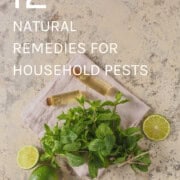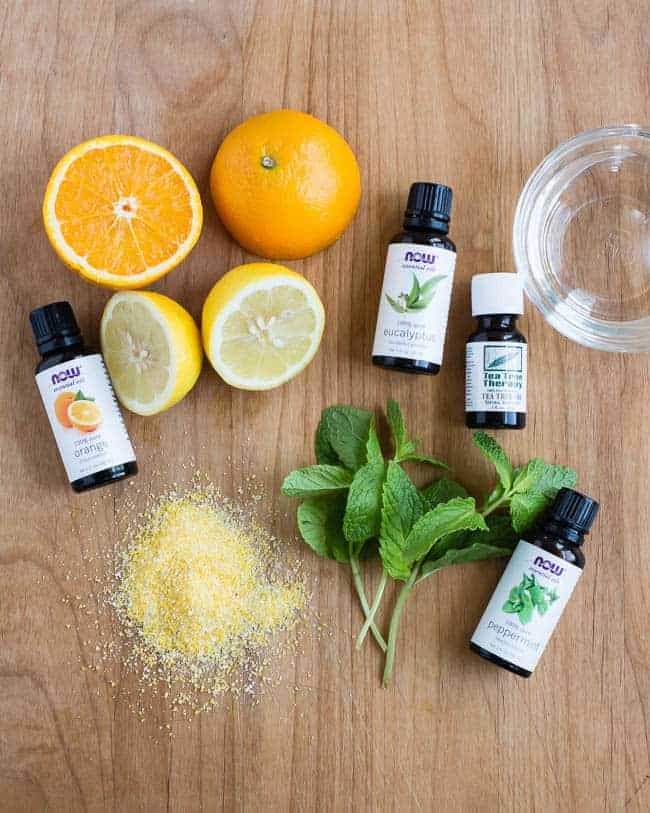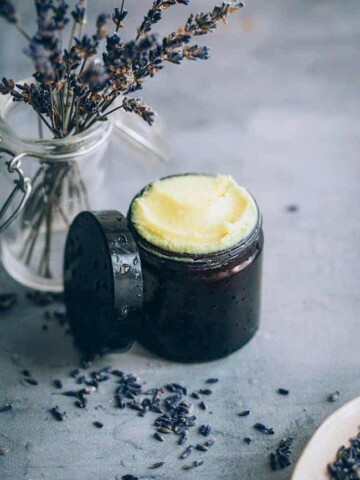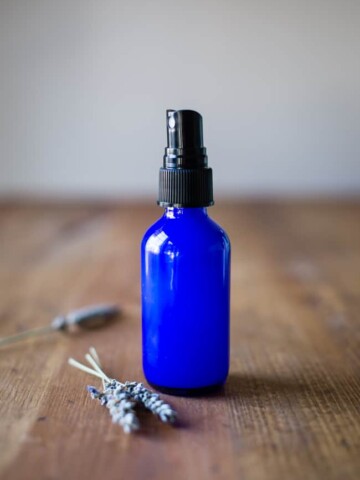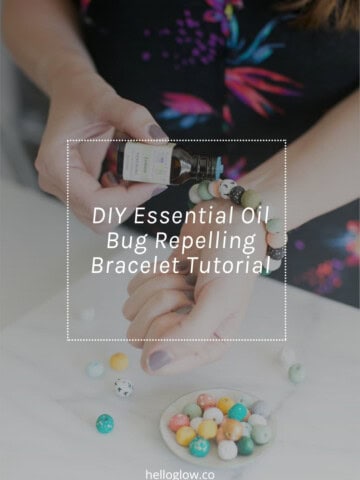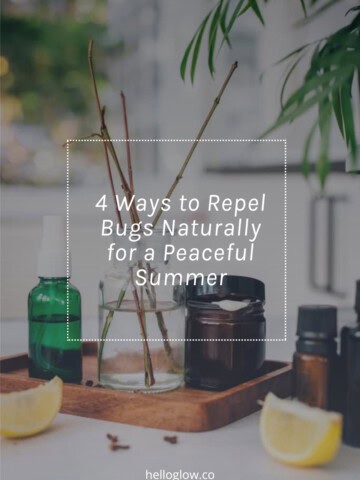We've all been there—the army of ants coming from who knows where, attacking the piece of peanut butter and jelly sandwich you didn't pick up during lunch. Or that gigantic mystery bug lurking under the pile of laundry in the basement. Then, there are those unmentionable little beasts that strike fear into the hearts of every apartment dweller: ROACHES.
My particular nemesis is tiny black ants that periodically invade my kitchen as soon as the weather warms up. I want them gone ASAP, but at the same time, I don't like using the toxic bug killer I reached for in the past.
I have dogs at home, and I choose to go a more natural route because I dislike the idea of chemicals being used in the spaces where we sleep, play, and eat.
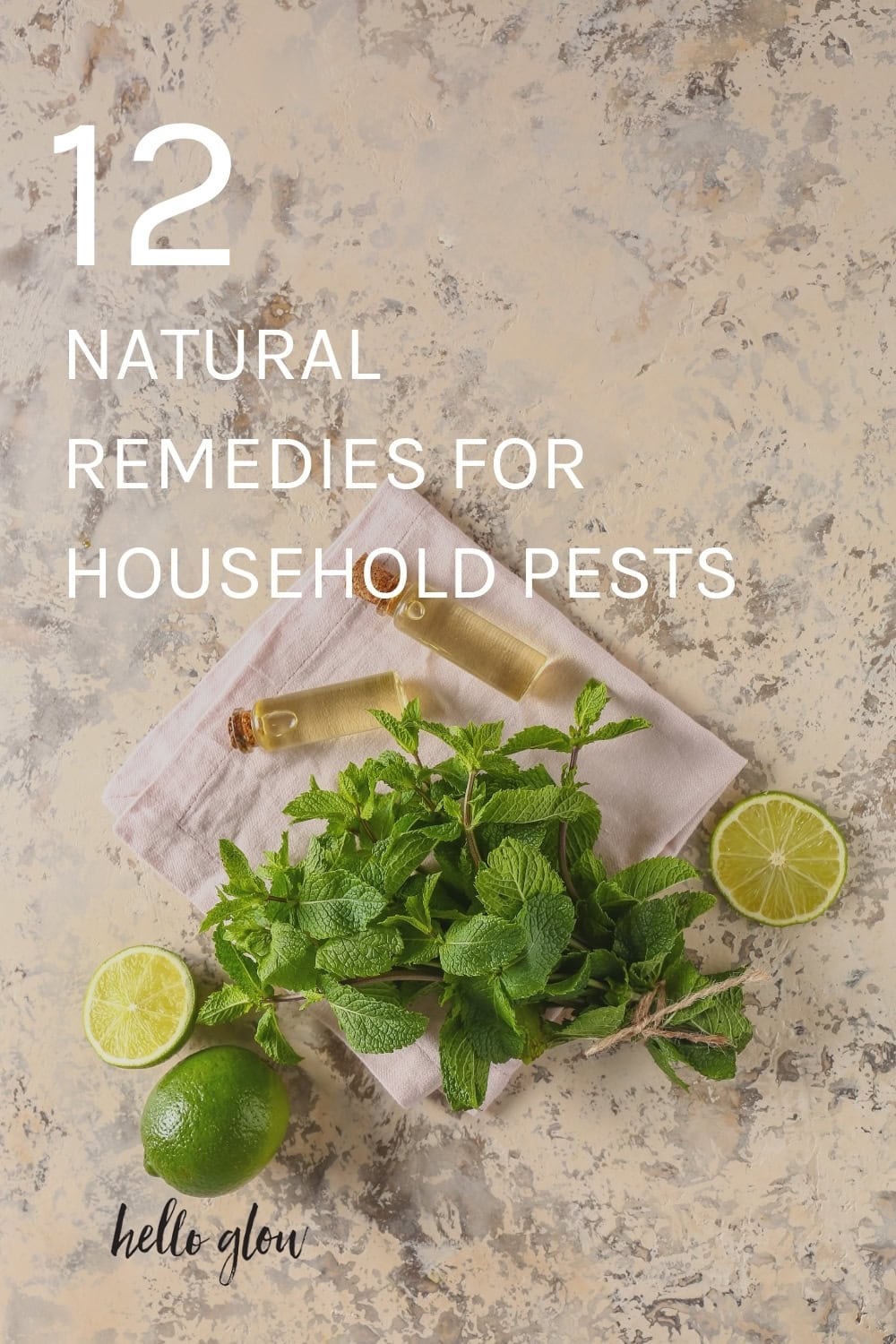
Jump to:
12 Natural Remedies for Household Pests
There are some natural remedies for household pests that are just as effective as the toxic chemicals, and some are really good deterrents as well. You only need to reach as far as your kitchen cupboard.
1. Garlic
Leave a few peeled cloves in cupboards, on shelves, and in corners to help deter pests from taking up residence. Periodically replace the cloves when they dry out.
2. Cayenne
Sprinkle ground cayenne pepper around the perimeter or anywhere ants are getting in.
3. Cinnamon
Ground cinnamon and its essential oil are both effective against pests. Sprinkle the ground cinnamon anywhere that pests are seen or apply pure, undiluted cinnamon essential oil to the areas with a cotton swab.
Place cinnamon sticks near entry points to repel ants.
4. Coffee grounds
Sprinkle the grounds along areas where ants are entering the house or on their nests outside.
5. Bay leaves
For moths and other cupboard pests, tape bay leaves to containers or lay them on shelves. Replace when the scent fades.
6. Cucumber
Slices on counters or other places will help to repel ants.
7. Citrus
Lemon and orange essential oils are great pest deterrents. Make a natural spider deterrent spray by combining 5 drops of essential oil, 5 drops of soap, and 1 quart of water.
Pure, undiluted lemon juice can also be spritzed around cracks. Place lemon and/or orange peels in cupboards, bookshelves, and other places where spiders and other pests like to lurk. Lemon peels are also supposed to be effective for moths in closets along with cedar.
Spray lemon juice around entry points and areas where ants were seen to disrupt their scent trails.
8. Vinegar
Wash floors and other areas with vinegar or leave small open containers in infested areas to deter the bugs. Add essential oils for added benefit.
To disrupt ant scent trails, mix equal parts of white vinegar and water in a spray bottle and apply it to ant trails and entry points.
9. Cornmeal
This works the same as coffee grounds. Sprinkle around the perimeter to deter ants from entering the home.
Essential Oils for Bugs
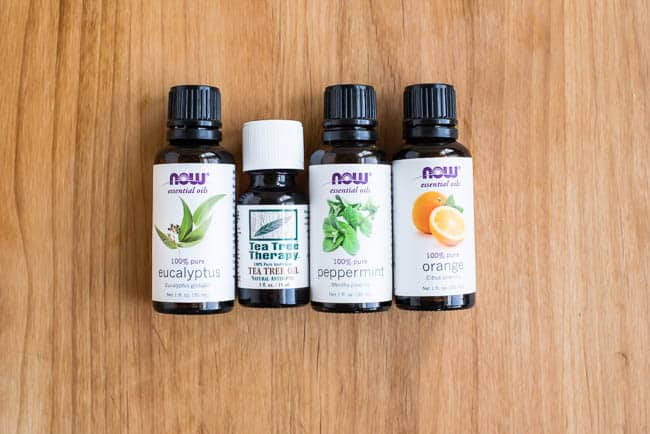
Essential oils seem to be one of the more effective natural solutions for household pests [source]. The best part is that they smell so nice while doing their job to repel pests.
10. Eucalyptus
Eucalyptus leaves and eucalyptus essential oil are great in cupboards to deter pests. Eucalyptus EO has been shown to have a deterrent effect on flies [source] and mosquitoes [source].
11. Tea Tree
Add 10–15 drops of tea tree oil to a spray bottle with 1 cup of water, shake well, and spray outside and inside the home. Bugs hate the smell of tea tree oil. It has been shown to have activity against flies [source] and may also work with other essential oils to get rid of bed bugs.
12. Peppermint
Peppermint essential oil and dried mint leaves will help curb most household pests [source], especially ants. Mix 10–15 drops of peppermint essential oil with 1 cup of water in a spray bottle. Shake well and spray along cracks and crevices or wherever ants are seen.
It works even better if you add a few drops of dish soap to the bottle. This concoction kills ants on contact. Mint can also even help repel flies.
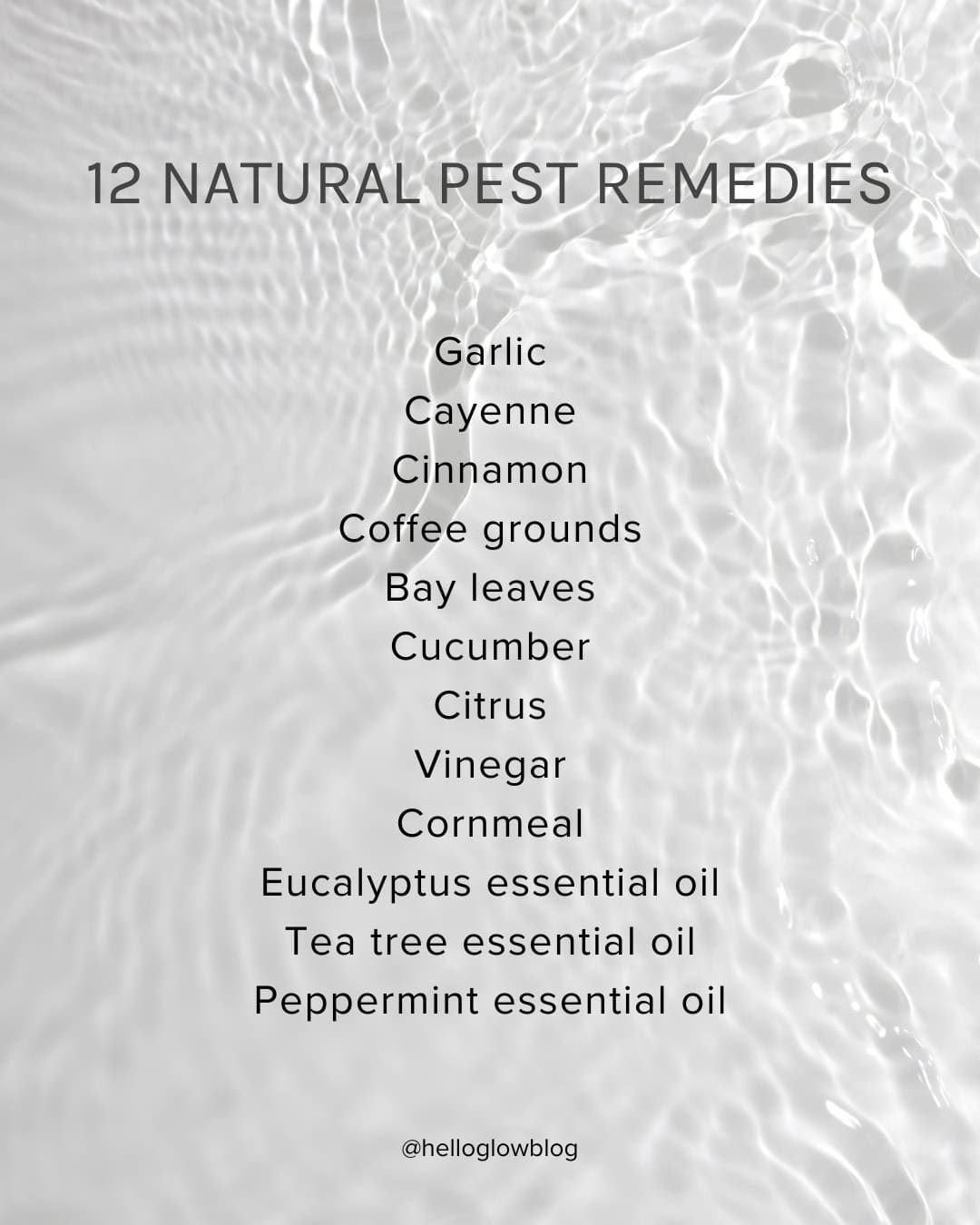
Top Tips to Naturally Repel Household Pests
- Keep things tidy and cleaned up—prevention goes a long way.
- Natural bug repellents need to be applied more frequently but can be just as effective as other pest control methods.
- Borax works amazingly for ants and roaches, but it can be dangerous to use around small children. I choose not to use it, but when mixed with sugar, it does work really well at attracting and killing pests. Boric acid also works to disrupt the digestive system of roaches, and it can be dusted in cracks or behind appliances, where roaches tend to appear.
- Seal entry points to prevent bugs from coming in. Close gaps and cracks in windows, doors, and foundations as a preventive measure.
- Encourage natural predators like birds and beneficial insects in your garden to control pest populations.
- If you're looking to repel bugs in your backyard as the weather warms up, don't forget that there are plenty of bug-repelling plants that you can add to your yard or patio.
Natural Remedies for Household Pests FAQ
Peppermint, eucalyptus, and tea tree oils are all great essential oils to have on hand to mix up all-natural bug sprays. Citrus, cinnamon, and lavender essential oils also work to deter pests indoors. For more ideas, check out our list of 13 essential oils that help repel bugs naturally.
I swear by this easy recipe for a peppermint essential oil spray made with water and a few drops of dish soap. Simply mix 10–15 drops of peppermint essential oil in a spray bottle with 1 cup of water and a few drops of liquid dish soap. Shake well and spray along cracks and crevices and any other surfaces where you're spotted ants.
Aside from cleaning and sweeping regularly, you can seal screens, windows, and doors with caulk or weather stripping to prevent bugs from getting inside. Rinse food debris from recyclables and store foods in sealed containers (and don't forget the pet food and treats you may store outside your pantry).
But bugs aren't just looking for food—they're also on the hunt for water. This means you'll want to identify and repair any leaks in faucets or pipes and ensure that your air conditioner and washing machine are also functioning properly. For areas that are consistently damp (like the basement), invest in a dehumidifier.

